RIGI: Incentive for Large Investments in Argentina
Law 27,742 and Decree 749/2024 regulate the Incentive Regime for Large Investments (RIGI) in Argentina. The RIGI is a regime that promotes investments in strategic sectors of the country.
Some of the RIGI’s priority objectives include:
a) To encourage large national and foreign investments in the Argentine Republic in order to ensure the country’s prosperity;
b) To develop and strengthen the competitiveness of various economic sectors;
c) To increase the exports of goods and services abroad related to the activities developed under the RIGI;
d) To favor the creation of employment;
e) To create a regime for large investments that meet the requirements of the RIGI, providing certainty and legal security.
Tax incentives.
- Income Tax
- Rate: A special rate of 25% will be applied, without scales.
- Depreciations: Depreciations may be applied.
a) Using the general regime established by the Income Tax Law according to the estimated useful life of each asset; or
b) A special regime that provides for accelerated depreciation: it is foreseen for certain assets in two annual installments.
- Tax Loss:
a) They may be deducted from taxable income without a time limit;
b) If not absorbed after 5 years, they may be transferred to third parties;
c) The amounts will be updated based on the variation of the Wholesale Price Index (IPIM).
- Dividends and Profits: The distribution will be taxed at a rate of 7%. After 7 years from the date of adherence to the RIGI, this rate will be reduced to 3.5%.
- II. Value Added Tax (VAT).
• Certificado de Crédito Fiscal: Se podrá pagar el IVA a sus proveedores, o a ARCA en el caso de importaciones de bienes, a través de la entrega de Certificados de Crédito Fiscal, cuando provenga de facturas por compra de bienes de uso.
• Proveedores: los créditos por los certificados que reciban de las empresas adheridas al R.I.G.I. tendrán para ellos el tratamiento de saldo a favor de libre disponibilidad., por lo que podrán usarlos para pagar sus impuestos o solicitar la devolución.
III. Other Tax Benefits (among others):
• The Bank Debit and Credit Tax: 100% of the amounts paid and/or received may be applied as a credit against the Income Tax.
• Exemption from Import Duties on capital goods, inputs, and merchandise necessary for the project, exempt from customs taxes.
• Exemption from Customs Fees: certain customs fees applicable to the importation of goods related to the project are eliminated or reduced.
• Exemption from export duties after 3 years and, in the case of Strategic Long-Term Exports, after 2 years.
By Edgardo Stampone, Partner of Tax at Auren Argentina



